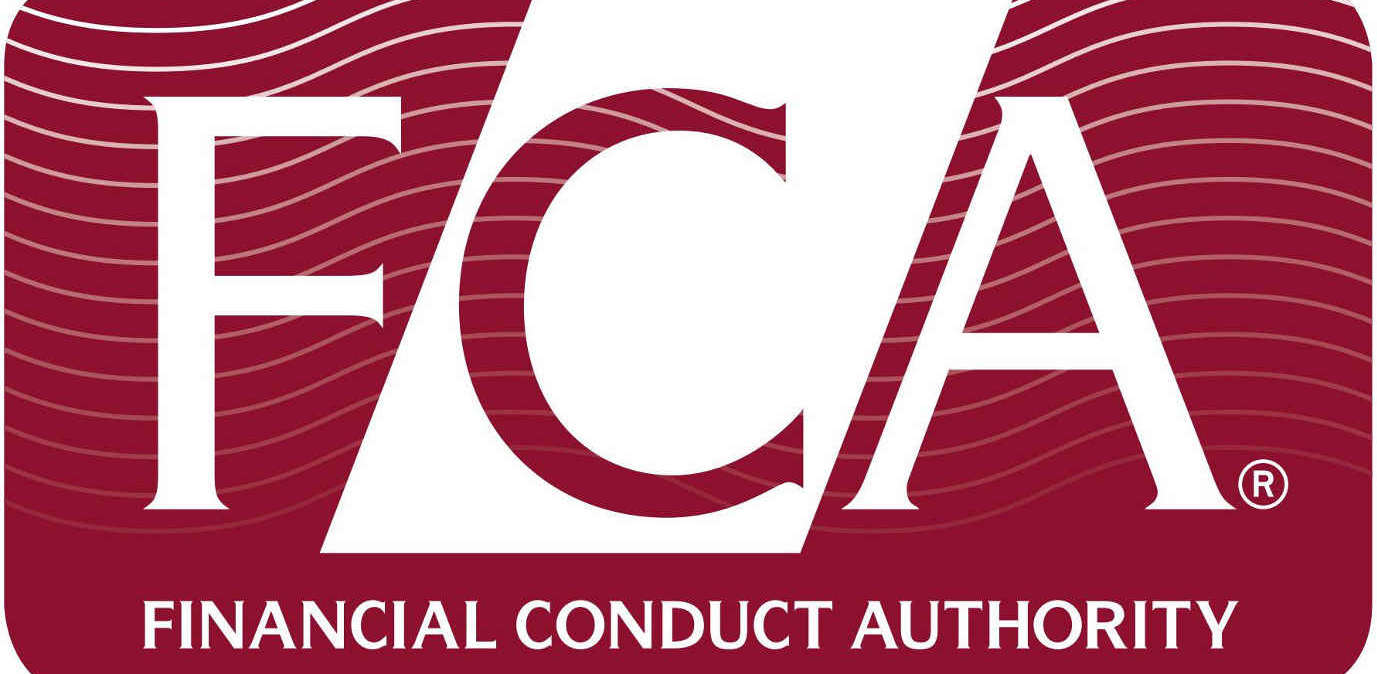UK moves ahead with crowdfunding regulation
by Shomik Panda on 16 Jun 2014
The Financial Times recently reported that the amount lent by peer-to-peer websites internationally was almost $3bn in 2013, up from around $100m in 2007. There has been an equally impressive growth in the estimated number of crowdfunding websites, which have grown from 1,100 to 2,700 in the last year alone.
It is no surprise, therefore, that governments and regulators across the world are now trying to create appropriate regulatory frameworks to allow this growth in alternative finance to prosper, whilst also ensuring that consumers are protected and aware of the risks involved in investing
Canada, New Zealand and France have each reformed their laws this year in order to push growth for the sector. In the UK, from April this year, the Financial Conduct Authority (FCA) has been responsible for overseeing elements of the crowdfunding sector and ensuring that consumer protection rules are in place. FCA oversight applies specifically where individuals offer equity investment or cash loans to businesses via online platforms.
New rules that were introduced at the time allows investors in equity-based crowdfunding to invest up to 10 per cent of their net investible assets, excluding their home, pensions and life insurance. However, those that are deemed to be ‘sophisticated investors,’ can invest more and the rule does not apply to peer-to-peer loans.
The new FCA regime also meant that investors in loan-based crowdfunding must have access to clear information to assess the investment risk and understand to whom they are lending. Crowdfunding platforms are also required to have a strategy to maintain loan repayments if they run into financial difficulty.
When the new rules were introduced in April, there was a mixed reaction from stakeholders. Some called for tighter regulation in favour of consumers, in particular that the Financial Services Compensation Scheme, which protects consumer deposits up to £85,000, should be extended to cover peer-to-peer lending in the case of loan defaults. Others called for tougher requirements for peer-to-peer platforms to either conduct substantial loan due diligence or provide investors with full disclosure on their due diligence processes.
Advocates of equity-based crowdfunding were not happy that the rules applied to them meant that many ordinary investors would no longer be able to partake in the activity, or would simply be put off from doing so.
At the time the FCA emphasised the risk of financial loss from peer-to-peer lending, due to platform failure or even fraud and acknowledged that further regulation will be introduced over time so that crowdfunding firms have enough capital to protect against financial shocks.
UK government provides tax incentives for crowdfunding
Since April, the regulatory debate in the UK has moved on, in part spurred on by a series of measures announced by the Government to foster growth in alternative financing. In the March Budget it was announced that peer-to-peer investing would be permissible within an ISA tax-free wrapper for the first time from April 2015. Her Majesty’s Treasury will launch a consultation in July on the practicalities of this.
Peer-to-peer lending through self-invested personal pensions (Sipps) was previously restricted by government regulations, however changes included in the March budget have also rolled back these restrictions, thus enabling Sipps to include peer-to-peer lending within the tax-efficient wrapper.
Regulatory challenges ahead
While both of the above changes will have been welcomed by the industry, they have brought forth a new set of regulatory challenges for stakeholders to resolve.
First, is it unclear how peer-to-peer investing will best be administered within an ISA wrapper. ISA platforms could potentially offer stocks and shares ISAs that invest in peer-to-peer lending alone. However, this option would limit investors’ choice as investing in a peer-to-peer ISA would mean they would be potentially be unable to buy cash or stocks ISAs as well.
Another option would be for platforms to provide full stocks and shares ISAs, offering not just their peer-to-peer investment but also stocks and shares and cash, so investors are able to buy diversified ISAs. This, however, would likely be an administrative burden for the industry.
The crowdfunding industry has suggested a third possibility - that a new type of ISA could be created specifically for peer-to-peer platforms, allowing investors to continue going elsewhere for a broader stocks and shares or cash ISAs.
Challenges also remain with regard to peer-to-peer lending within Sipps. For example, there is the possibility that an investor lends to a “connected party,” such as a spouse, who could then benefit from an investment with paying income tax. Questions such as these now need to be resolved.
More pressing concerns lie elsewhere
Despite these regulatory hurdles, the industry as a whole seems content with the balance that the UK government and regulators have tried to strike in regulating the fledgling industry thus far.
At a recent event that I attended in Westminster between industry participants and Parliamentarians what was most striking was the very diverse set of priorities which industry held. Donation/rewards based crowdfunding platforms, which are currently unregulated by the FCA, have a different set of concerns to equity-based crowdfunding platforms, who in turn have a different set of concerns to debt-based crowdfunding platforms.
For example debt-based crowdfunding platforms would like to see tax relief for bad loans, the rewards based platforms would like to see gift aid treatment reformed, and the equity based platforms are keen to preserve the Seed Enterprise Investment Scheme (SEIS), whilst expressing concern around how long it is taking HMRC to process SEIS applications.
There was, however, one issue upon which they all agreed. There is apparently a growing issue around crowdfunded companies being able to gain UK bank accounts. This is probably to do with the stringent ‘Know Your Customer’ (KYC) rules that banks tend to employ. Banks may be worried about being able to ‘know’ each member of the crowd. The crowdfunding platforms all believe this is unfair as they are FCA regulated and are therefore subject to the same KYC rules.
Banks seem to be treading very conservatively but perhaps there is a competitive element to this story. It is clearly in the banks’ interest not to help an industry which is increasingly gaining market share at its own expense. As the industry matures, governments and regulators will face and need to clarify these divisive issues.
Topics: Financial Services Regulation, UK business, Economic policy, Shomik Panda







Comments